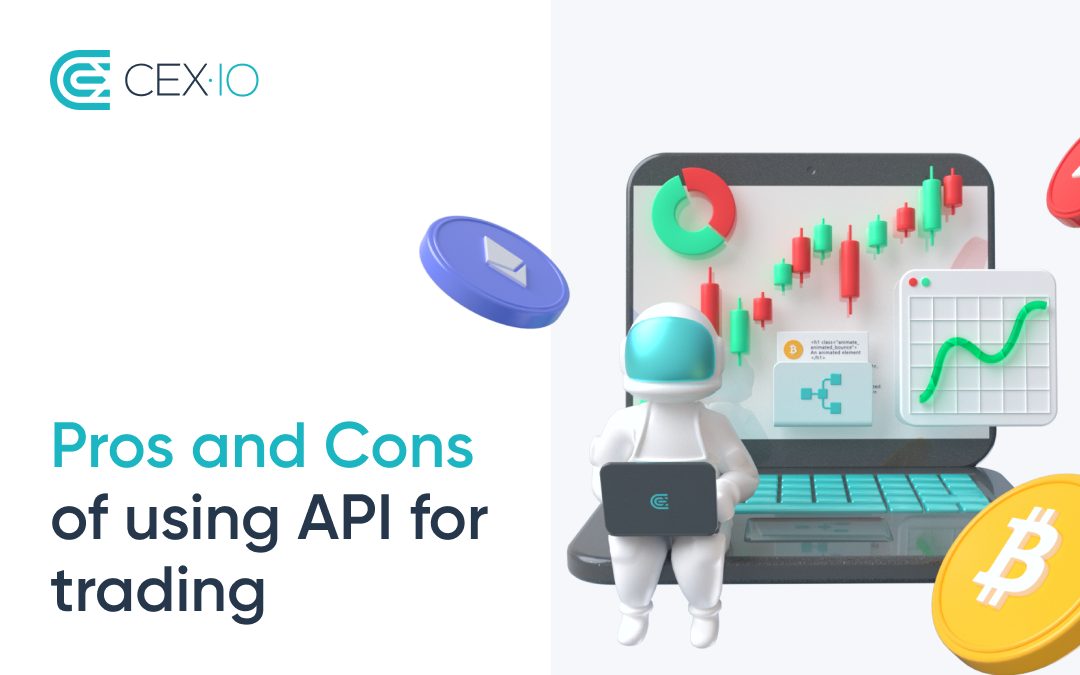Introduction
In the realm of financial markets, the advent of Application Programming Interfaces (APIs) has revolutionized trading strategies. APIs empower traders with the ability to connect their trading platforms directly to external systems and services, enabling automated and efficient execution of even the most complex trading strategies. Among the many financial instruments available, options have emerged as a particularly lucrative asset class that benefits greatly from API integration.

Image: tornadobro.com
Options, financial derivatives that grant the buyer the right but not the obligation to buy or sell an underlying asset at a specified price and time, offer a wide range of trading opportunities. However, navigating the intricacies of options trading can be daunting, requiring substantial research, analysis, and timely execution. This is where API options trading comes into play, providing traders with the agility and precision necessary to succeed in today’s fast-paced markets.
Diving into API Options Trading: Concepts and Benefits
An API, or Application Programming Interface, acts as a bridge between two software applications, allowing them to communicate and exchange data. In the context of options trading, APIs enable trading platforms to connect to external data sources, brokerage services, and algorithmic trading systems. This connectivity unlocks a plethora of benefits for traders:
-
Automation: One of the most significant advantages of API options trading lies in its ability to automate the trading process. By leveraging APIs, traders can codify their trading strategies and execute them automatically, eliminating the need for manual intervention. This automation streamlines trading operations, freeing up valuable time and reducing the risk of human error.
-
Data Aggregation: APIs facilitate the aggregation of data from multiple sources, providing traders with a comprehensive view of market conditions. By connecting to real-time data feeds, traders can access up-to-date information on market depth, volatility, and order book activity. This granular data enables informed decision-making and helps traders identify profitable trading opportunities.
-
Complex Order Types: API options trading empowers traders to execute complex order types that are not readily available in traditional trading platforms. These advanced order types, such as conditional orders, stop-loss orders, and bracket orders, allow traders to manage risk effectively and optimize trade execution.
-
Algo Trading: For those seeking a higher level of sophistication, API options trading opens the door to algorithmic trading. Algo trading utilizes computer-based algorithms to automatically generate and execute trading signals, providing traders with unparalleled speed and precision in capturing market movements.
Real-World Applications of API Options Trading
The applications of API options trading extend across a wide spectrum of trading strategies, including:
-
Market Making: Market makers use APIs to rapidly quote prices and facilitate liquidity in options markets. By leveraging automated trading systems, market makers can respond instantaneously to changing market conditions, ensuring efficient price discovery.
-
Scalping: Scalpers employ APIs to capture small but frequent profits by executing a high volume of trades. The automation capabilities of APIs enable scalpers to minimize execution delays and capitalize on short-term market fluctuations.
-
Volatility Arbitrage: Volatility arbitrage involves exploiting the price differences between options with different strike prices and expirations. APIs allow traders to quickly identify arbitrage opportunities and execute trades seamlessly, maximizing returns while managing risk.
Future Outlook and Considerations
As technology continues to advance, API options trading is poised for further growth and innovation. The integration of artificial intelligence (AI) and machine learning (ML) algorithms into API-powered trading platforms will likely enhance trade execution speeds and decision-making processes. Additionally, the advent of blockchain technology may revolutionize options trading infrastructure, providing secure and transparent platforms for trade settlement and clearing.
It’s important to note that while API options trading offers numerous advantages, it also carries certain considerations:
-
Cost: Implementing and maintaining an API-based trading system can incur significant costs, including software licensing fees, data subscription costs, and server maintenance.
-
Technical Expertise: Setting up and configuring API connections requires a certain level of technical expertise. Traders who lack the necessary skills may need to seek assistance from software engineers or consultancies.
-
Security: API integration introduces additional security risks that must be carefully managed. Robust security protocols and ongoing monitoring are essential to safeguard sensitive trading data and mitigate unauthorized access.
Image: www.quora.com
Api Options Trading
Conclusion
In today’s rapidly evolving financial markets, API options trading has become an indispensable tool for traders seeking to gain a competitive edge. By harnessing the power of APIs, traders can automate trading strategies, aggregate data seamlessly, access complex order types, and employ algorithmic trading techniques. While considerations such as cost, technical expertise, and security require careful attention, the potential rewards of API options trading can be substantial. As technology continues to advance and new innovations emerge, API options trading is set to play an increasingly vital role in the pursuit of profitable trading outcomes. By embracing the possibilities of API integration, traders can unlock a world of automated execution and data-driven insights, empowering them to navigate the complexities of options markets with skill and precision.






